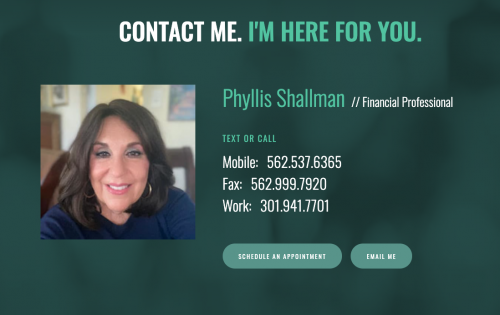
2021 was another wild ride.
It was no 2020, thank goodness. But there were enough ups, downs, and head scratchers to warrant a retrospective.
These are the top financial literacy stories of 2021.
Memes rocked the financial industry. You read that correctly—memes.
It began with struggling companies like Gamestop and AMC soaring in value. The cause? Rabid speculation fueled primarily by Reddit. There was little rhyme and even less reason to the frenzy, with devastating results—the boom became a bust that wiped out $167 billion of wealth.¹
And notice, that’s not even counting the rollercoaster year that cryptocurrency enthusiasts have “enjoyed.”
Memes also literally became hot commodities in the form of NFTs (Non-Fungible Tokens).
What’s an NFT? In short, it’s an image that’s modified with blockchain. The blockchain makes the image a one-of-a-kind collector’s item since it’s possible to verify the image’s identity. Think of it as a mix of cryptocurrency and trading cards.
That means almost any digital image has the potential to become incredibly valuable. For instance, one NFT sold in 2021 for $69.3 million.²
And it makes sense why people have turned en masse to memes to build wealth. They don’t know how money works. They’ve never been taught how to build a financial legacy. And deep down, they know it. So when something, anything, comes along that looks like an opportunity to stick it to the man, they take it. The results are predictable… and often tragic.
The housing market caught on fire. Speaking of extravagant pricing, the housing market boomed in 2021. The numbers speak for themselves. Rent increased 16.4% from January to October.³ More dramatically, home prices surged almost 20% between August 2020 and August 2021.?
The housing market serves as a window into other forces impacting consumers. Inflation raised the cost of almost everything in the last half of 2021. And with the supply chain in chaos, it seems possible that prices will continue to rise in 2022.
That makes financial literacy more critical than ever. Families have less and less margin for error, and common milestones seem harder to reach. Without the right knowledge and strategies, building wealth may be increasingly difficult.
Financial illiteracy cost Americans billions. An annual survey by the National Financial Educators Council revealed that financial illiteracy cost the average American $1,634 in 2021.? That’s a total of $415 billion.
Worst of all, that’s likely an underestimate. Think of what $1,634 could do if it were put to work building wealth in a business or retirement account. That’s the true cost of financial illiteracy—both in the short-term AND building wealth long-term.
What are your top financial literacy stories from 2021? Do you foresee any exciting changes in 2022?
¹ “Meme Stocks Lose $167 Billion as Reddit Crowd Preaches Defiance,” Sarah Ponczek, Katharine Gemmell, and Charlie Wells, Bloomberg Wealth, Feb 2, 2021, https://www.bloomberg.com/news/articles/2021-02-02/moonshot-stocks-lose-167-billion-as-crowd-preaches-defiance
² “Top 5 Non-Fungible Tokens (NFTs) of 2021,” Rakesh Sharma, Investopedia, Dec 15, 2021, https://www.investopedia.com/most-expensive-nfts-2021-5211768
³ “Biden’s next inflation threat: The rent is too damn high,” Katy O’Donnell and Victoria Guida, Politico, Nov 10, 2021, https://www.politico.com/news/2021/11/10/rent-inflation-biden-520642#:~:text=The%20Apartment%20List%20annual%20National,expected%20to%20continue%20for%20years
? “Home price growth is finally decelerating—and it’s just the start,” Lance Lambert, Fortune, Dec 6, 2021, https://fortune.com/2021/12/06/housing-market-slowing-heading-into-2022/
